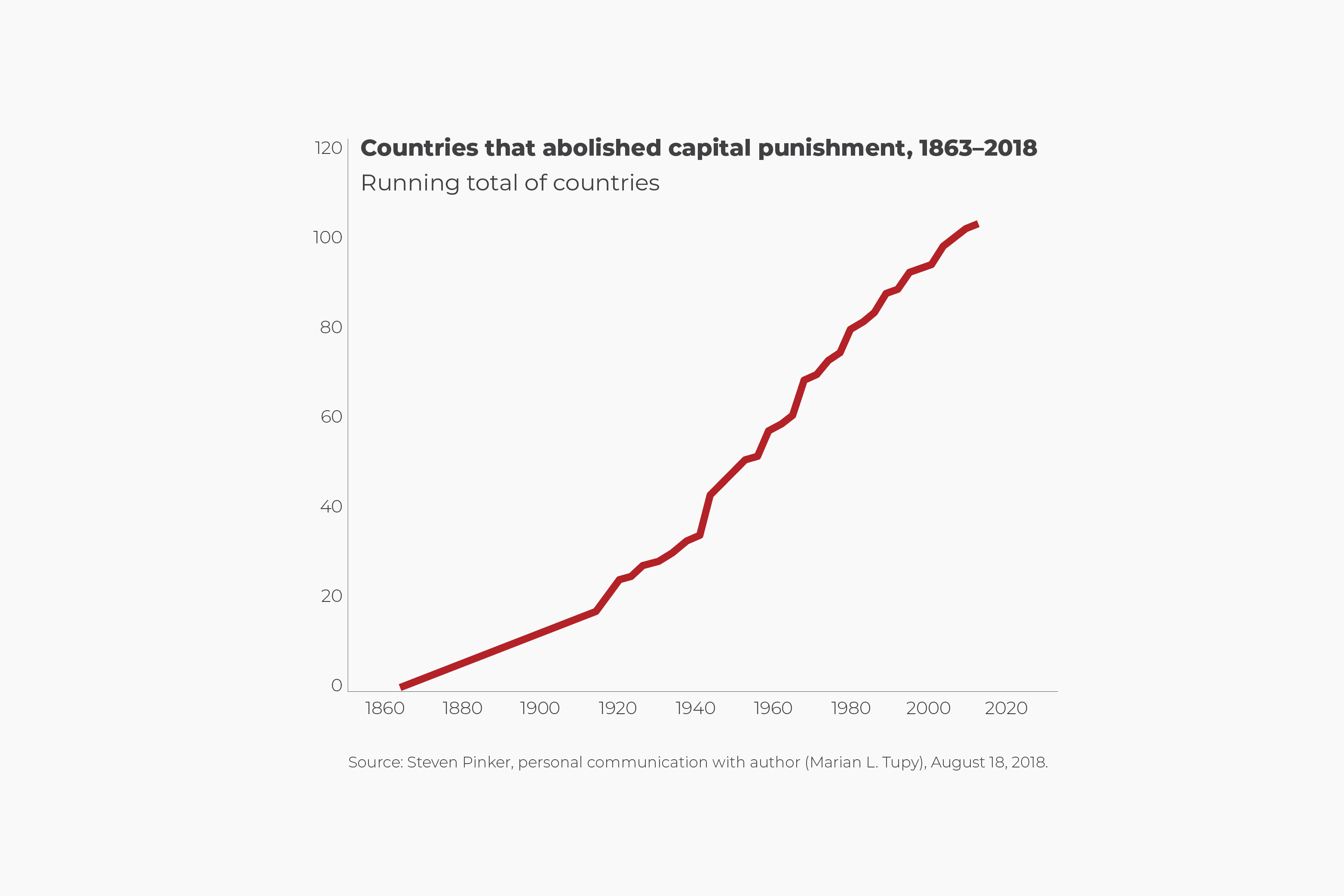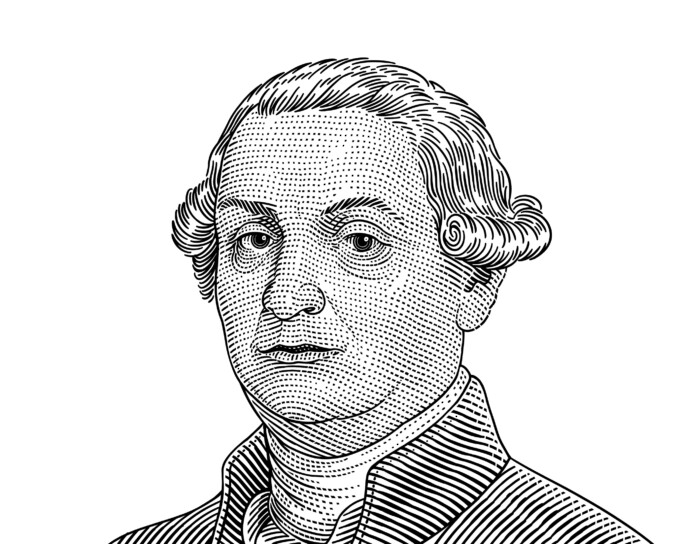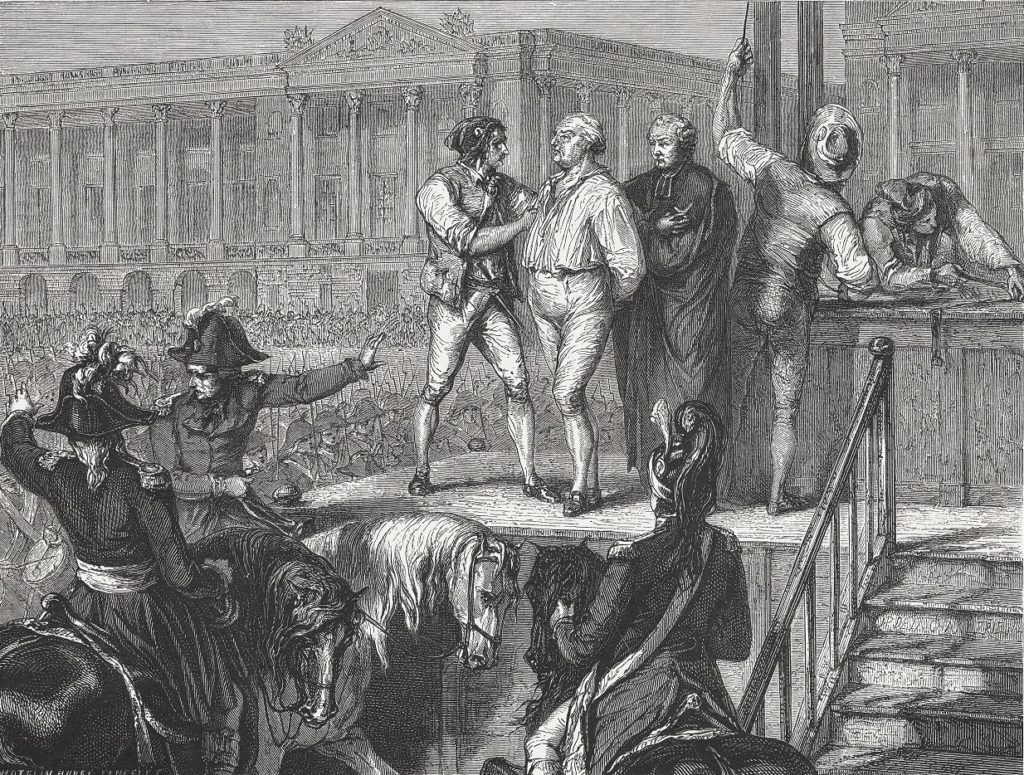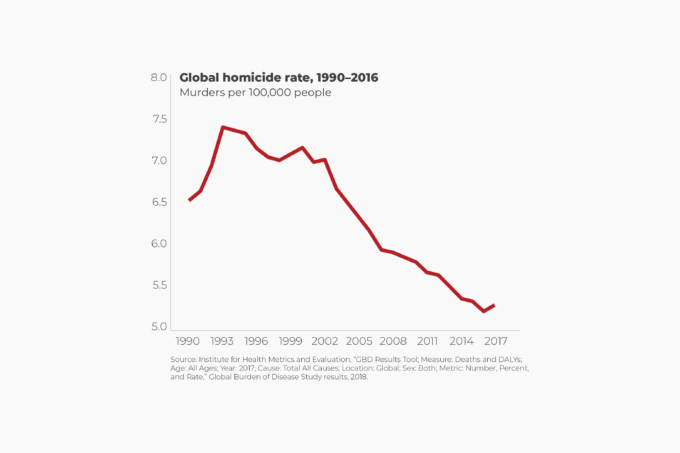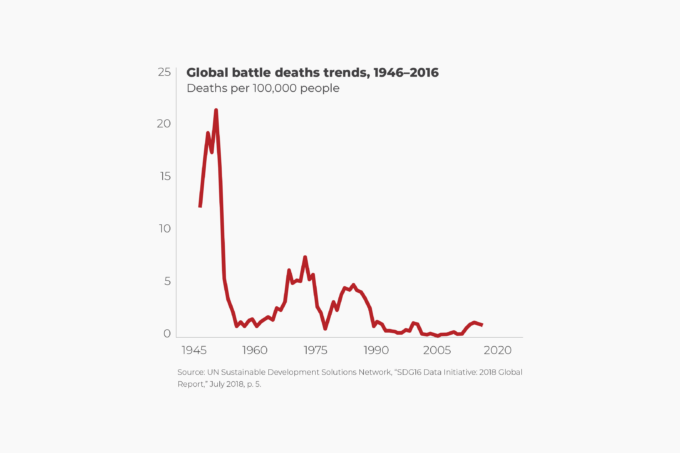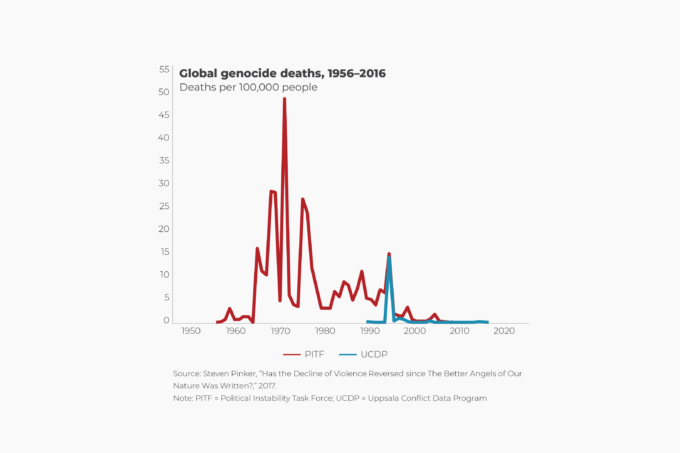Since time immemorial, people have suffered capital punishment for a plethora of crimes—real and imagined. The Bible’s Old Testament, for example, commands the death penalty for murder, kidnapping, attacking or cursing one’s parents, sacrificing one’s child to Moloch, willful negligence, sorcery, being a medium or spiritist, breaking the Sabbath, sacrificing to idols, blaspheming against God, false prophecy, giving false testimony in a capital case, adultery, incest, rape of a betrothed or married woman, homosexuality, bestiality, prostitution, pretending to be a virgin, and other offenses. As late as the 18th century, the British legal system included 222 capital crimes. The Black Act of 1723 alone created 50 capital offenses for such crimes as shoplifting and stealing sheep, cattle, and horses.
Types of executions have included beheading, burning, crushing, boiling to death, impaling, hanging, breaking on the wheel, sawing, crucifying, and many others. As the ideas of the Enlightenment spread, punishment became less gruesome, and the number of capital offenses dwindled. In Great Britain alone, the number of capital offenses fell from 222 to 4 in the first half of the 19th century.
Yet the society did not become more chaotic. On the contrary, overall violence decreased. As such, reform- minded governments felt emboldened to go further and abolish the death penalty altogether.
Of the extant states, Venezuela was the first to abolish capital punishment, in 1863. Other states followed, though it took another century before the abolitionist movement really took off in the 1960s.1 In 2018, Amnesty International noted, “106 countries (a majority of the world’s states) had abolished the death penalty in law for all crimes, and 142 countries (more than two-thirds) had abolished the death penalty in law or practice.”
Most of the executions took place in China, Iran, Iraq, Saudi Arabia, and Vietnam. Excluding China, which executes thousands of people each year, some 690 executions took place globally in 2018. That number was 31 percent lower than in 2017 and amounts to the lowest number of executions recorded over the past 10 years.
- Steven Pinker, personal communication with author (Marian L. Tupy), August 18, 2018.

